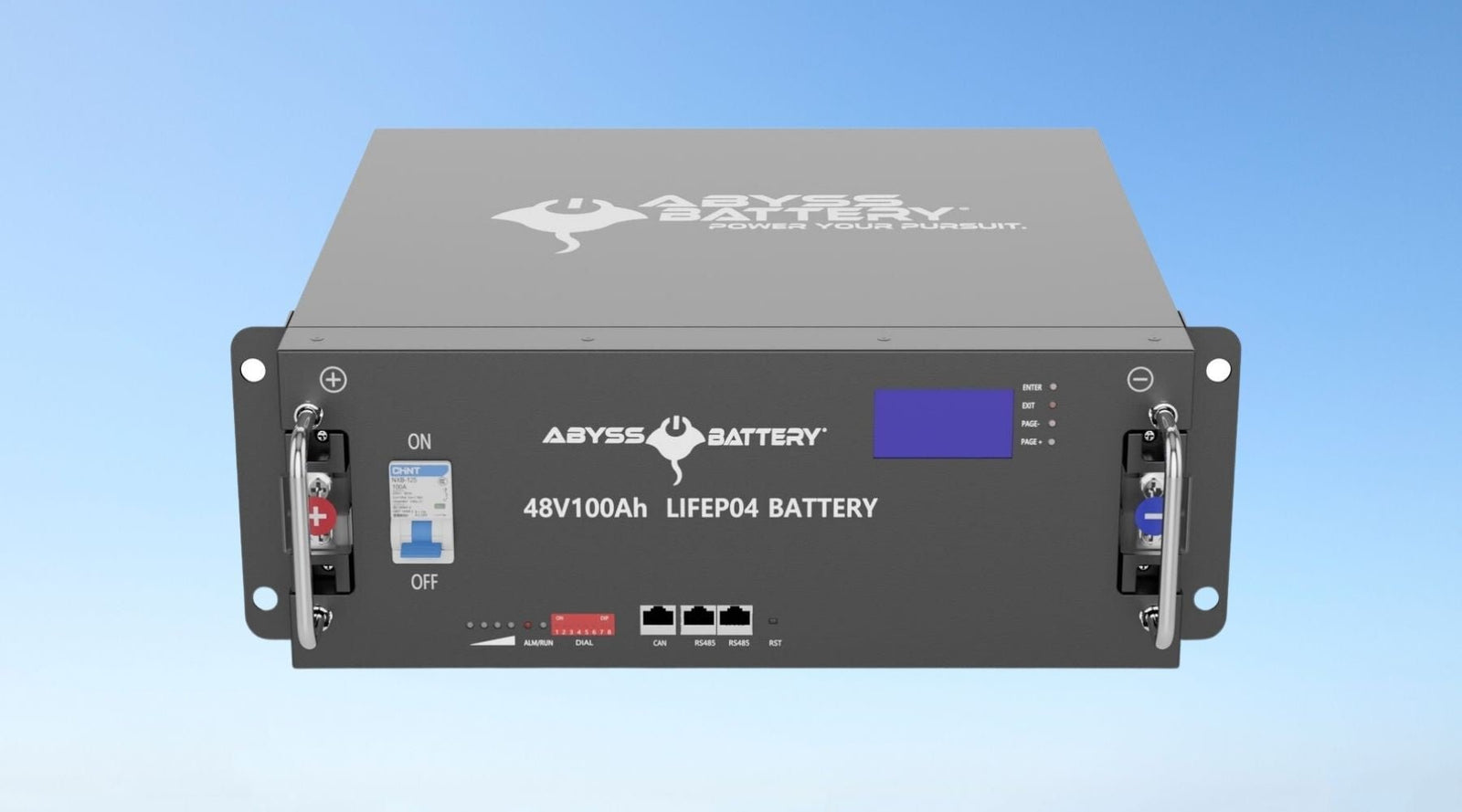How Does Cold Affect Lithium Marine Batteries?

Marine batteries offer significant advantages over their land-based counterparts due to their ruggedness, durability, and suitability for harsh marine environments. One of the most popular types of marine batteries available today is the lithium marine battery. These batteries have a high energy density, long service life, and the ability to handle deep discharge cycles, making them ideal for marine applications.
However, like any other battery type, lithium marine batteries are not immune to environmental challenges, particularly in cold climates. The cold can significantly impact battery capacity, performance, and overall battery life. This is how cold affects lithium marine batteries and what you can do to mitigate the problem.
Capacity Loss
Cold temperatures can directly affect the capacity of your lithium marine battery. At low temperatures, the battery's chemical reactions slow down. This results in significant capacity loss, especially if you're using a battery bank with multiple batteries. This effect only increases as the temperature falls, meaning you may notice a permanent decrease in battery life if you frequently use your boat in a cold environment.
Reduced Performance
Besides capacity loss, sub-zero temperatures can also lead to a reduction in battery performance. Cold weather may cause the electrolyte—the liquid or gel that conducts electricity within the battery—to thicken, reducing the flow of energy within the battery, which can cause a drop in performance. A reduction in battery performance can be observed through a decrease in the battery's voltage, resulting in the failure of electronic devices connected to the battery.
Finding the Optimal Charging Temperature
A good approach to dealing with cold weather's effects on a lithium marine battery is charging the battery at an optimal temperature. Doing so enables the battery to charge to its maximum capacity, ensuring it's ready when needed.
You may want to invest in a smart charger from a marine battery manufacturer that can monitor the thermal output of your lithium marine battery during use. This way, it can automatically ramp up the charging process to maintain an optimal battery temperature.
Ensure Your Next Boating Adventure Is Safe
Cold temperatures can affect lithium marine batteries' performance, including capacity loss and reduced efficiency. However, using batteries designed to handle cold temperatures, keeping batteries warm when not in use, and optimally charging batteries can help mitigate these effects.
Investing in a lithium marine battery with temperature management technology is crucial for boaters and adventurers using their boats during winter. Understanding how cold weather affects your lithium marine battery is critical not only for maintaining optimal battery performance but also for your safety in harsh environments. By looking after your battery in the cold, you can ensure your next boating or outdoor adventure is safe and enjoyable.


Leave a comment